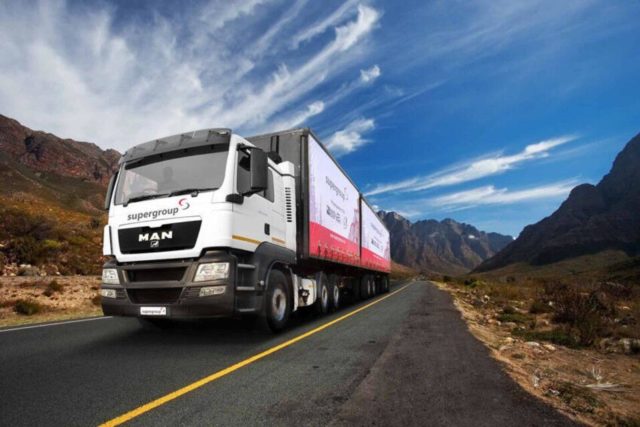The Road Freight Association said the predicted large fuel price decreases this month was good news and is expected to help consumers towards the end of the year.
THE ROAD Freight Association (RFA) said the predicted large fuel price decreases this month was good news and is expected to help consumers towards the end of the year.
The association said data indicates estimated decreases in the fuel price this week as follows:
– Petrol: R2.35 per litre for ULP95, R2.18 per litre of ULP93.
– Diesel: 77c for 50ppm and 87c for 500ppm.
– Illuminating paraffin is set to drop by an estimated 87 cents per litre.
RFA chief executive officer Gavin Kelly said South Africans will now pay less for fuel than they did in June 2022.
“This will go a long way to placing downward pressure on inflation as well as the cost of logistics within South Africa, which is one of the key drivers of the items measured in the ‘inflation basket’,” he said.
Kelly said any decrease in the cost of fuel, particularly larger decreases, would have a tremendously positive effect on transport costs and supply chains.
“While the price of fuel has dropped, the effects on the logistics chain should be felt in the coming quarter and will certainly make life slightly easier for consumers towards the end of the year,” he said.
He added that the drop in fuel prices should also be a boost for the local tourism industry.
However, Kelly reminded the public that fuel price fluctuations are driven by the cost of oil (fuel) on the international market and the rand/dollar exchange rate.
“Concerns remain around the effect global instability has on these two factors and the long-term effect high fuel prices will have on the South African economy,” he said.
Kelly further explained that there would be a greater positive/downward effect on freight logistics if the price of diesel dropped as dramatically as petrol has, adding that the majority of road freight logistics use diesel vehicles.
“The association calls on the government to speed up programmes to make South Africa less reliant on fuel imports, by improving or expanding Sasol and similar manufacturing processes, as well as ramping up the introduction of suitable and sustainable electric vehicle programmes,” said Kelly.








